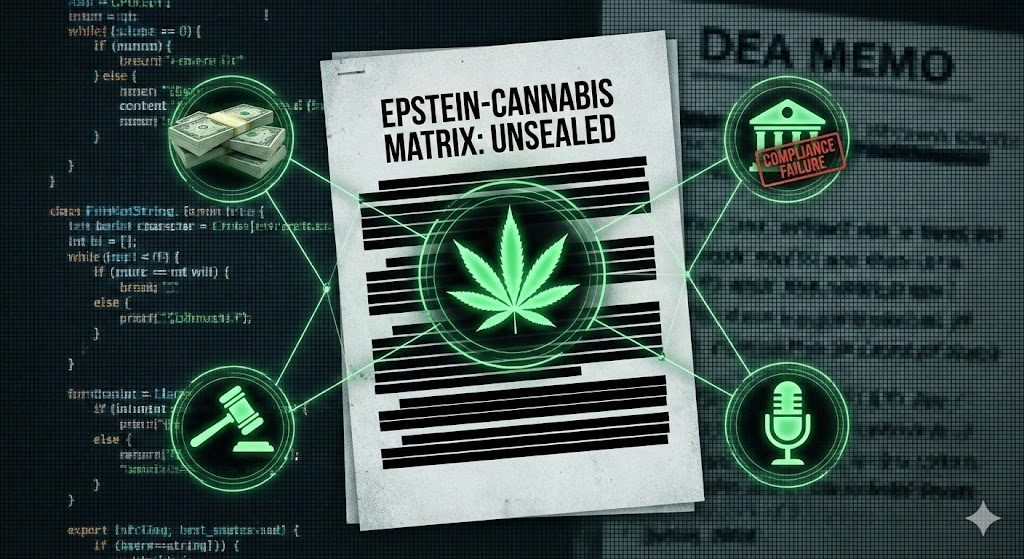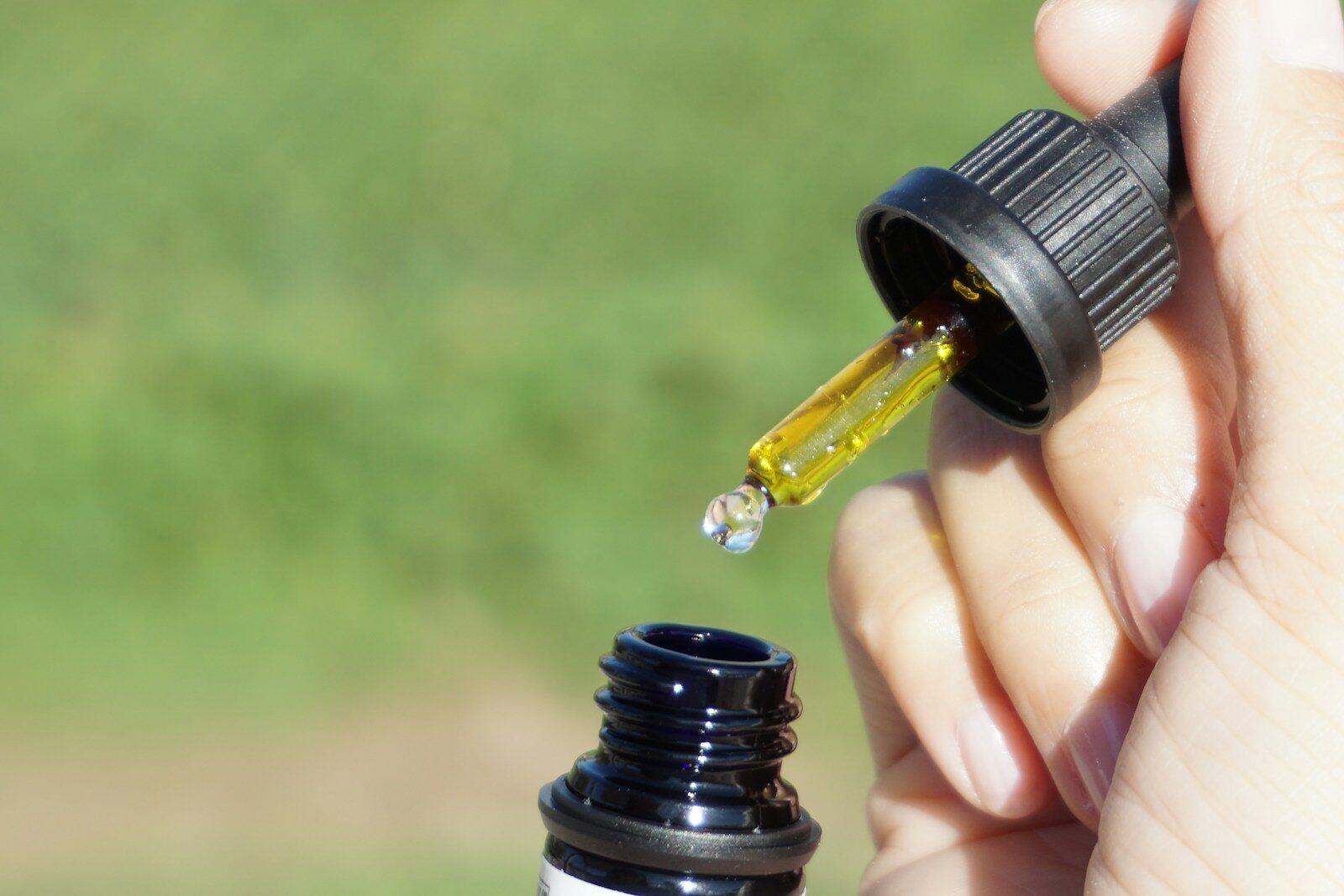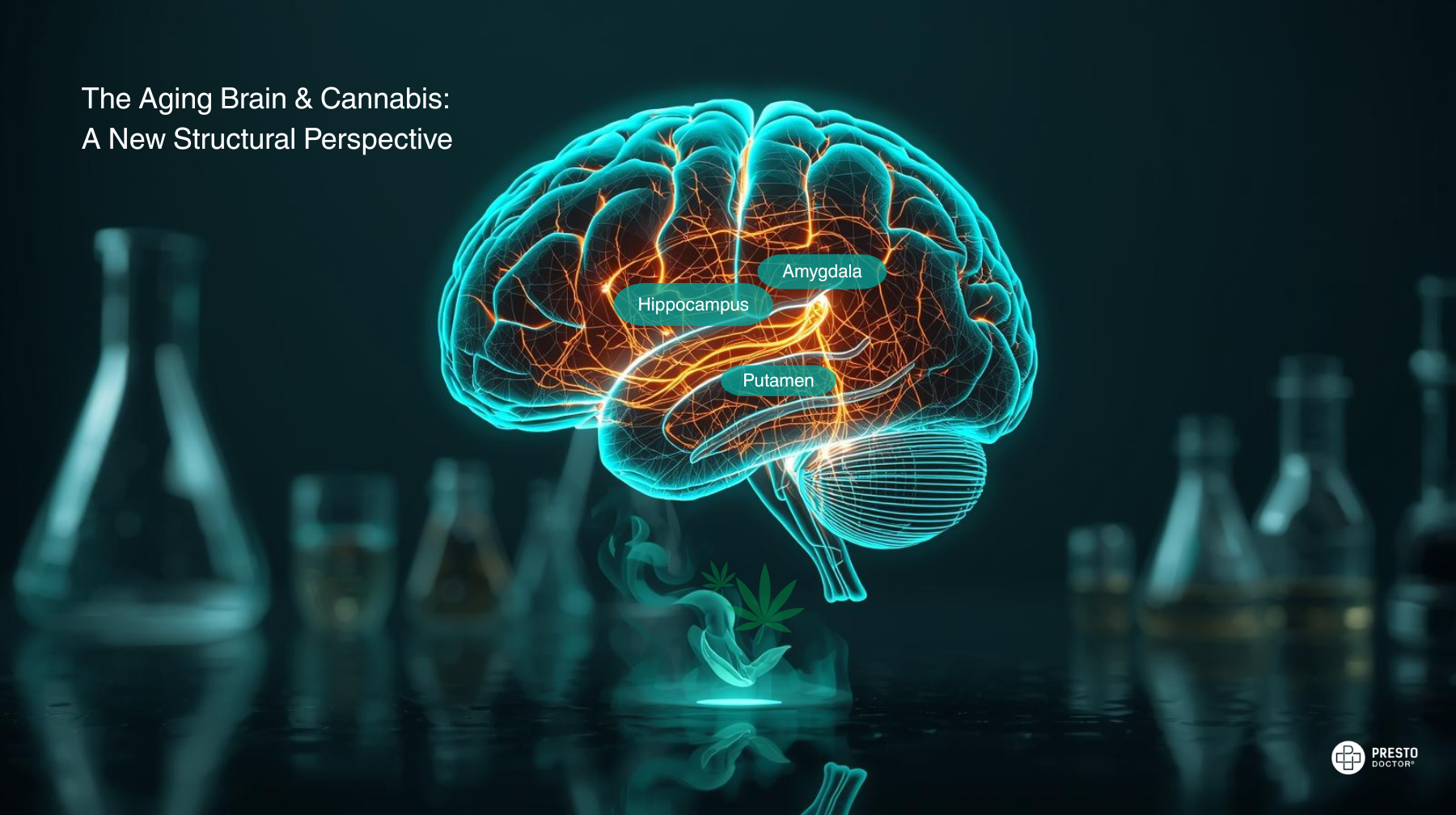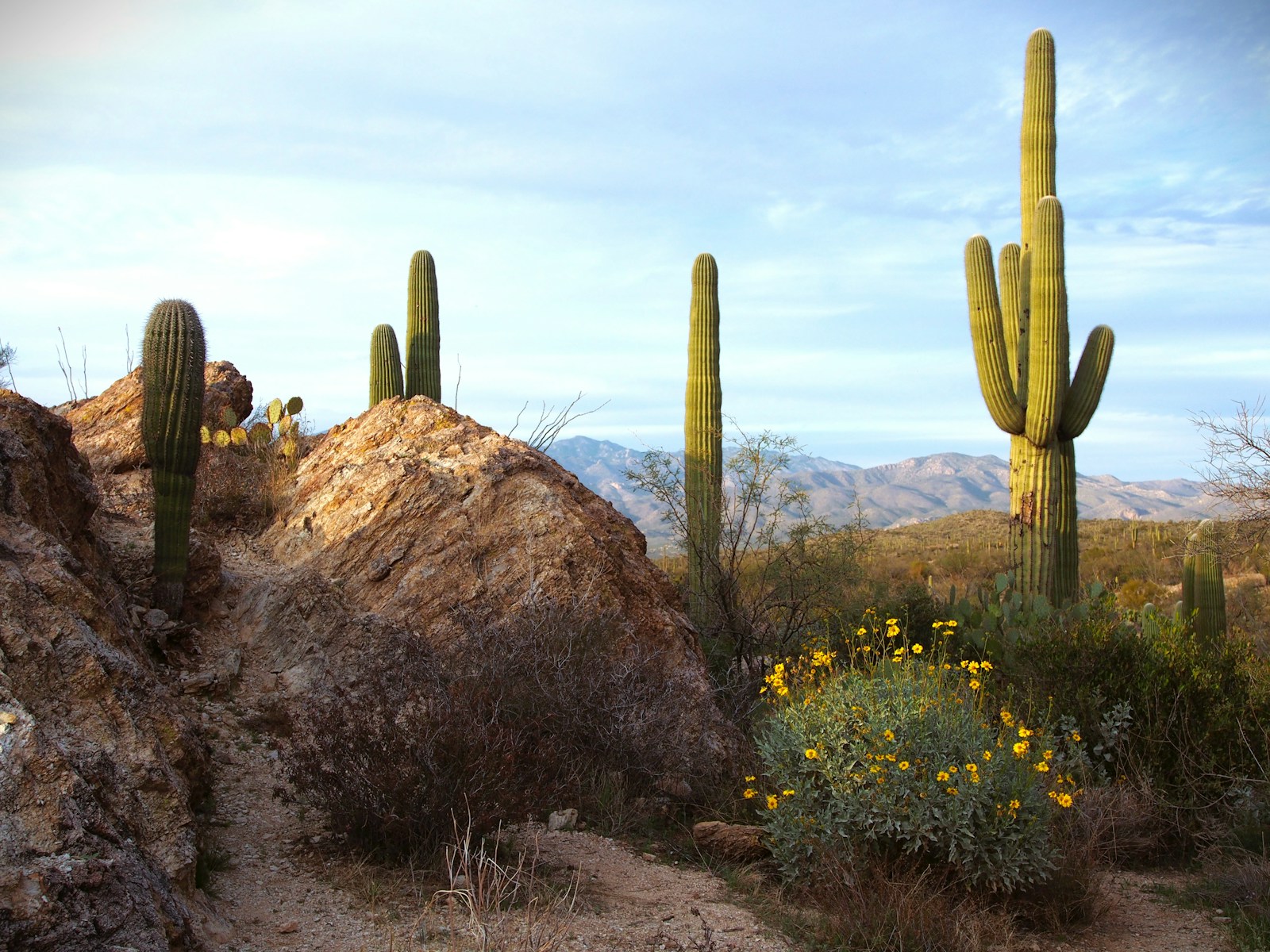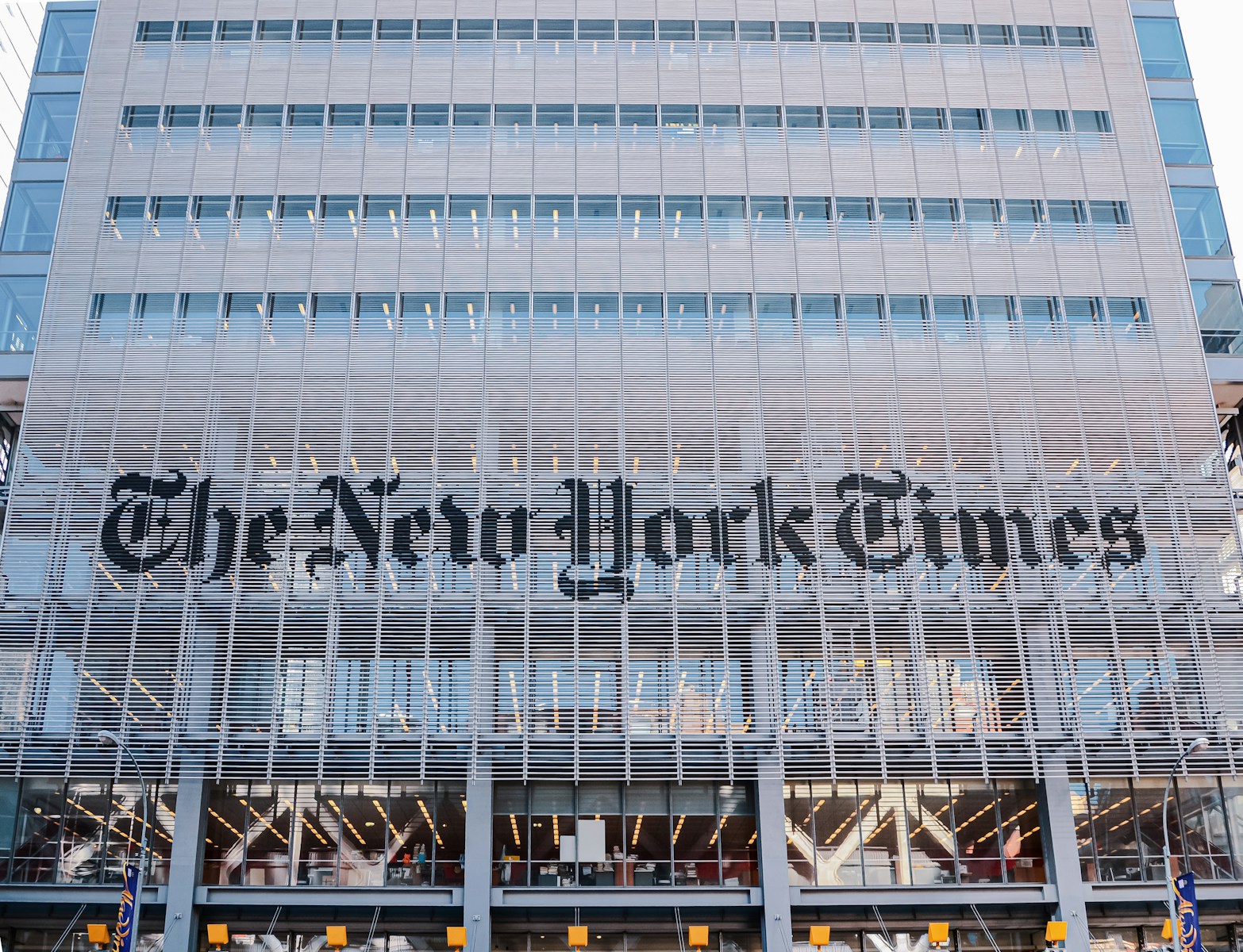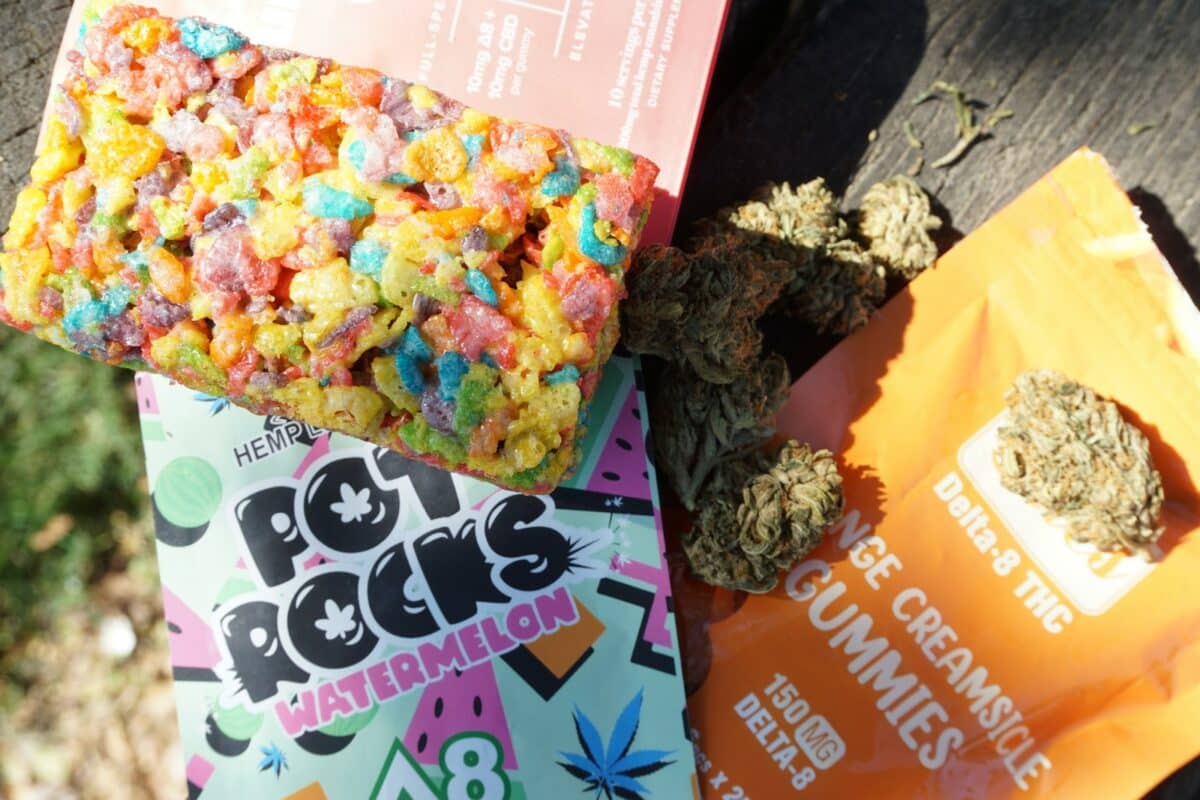
Senate Bans Hemp THC in Historic Vote
The U.S. Senate passed a federal ban on intoxicating hemp products late Monday night as part of legislation to end the government shutdown. The Senate bans hemp THC products including Delta-8, THCA, and any products exceeding the 0.4 milligram THC limit. This includes hemp-derived beverages in what industry advocates are calling an “extinction-level event” for the $28 billion hemp market. However, there will be a hemp ban grace period.
The bipartisan bill to fund the government passed 60-40 after an amendment to remove the hemp ban failed 76-24. President Trump confirmed he “supports the current language in the bill on hemp,” effectively sealing the fate of Delta-8 THC, THCA flower, hemp beverages, and hundreds of other products currently sold in gas stations, vape shops, and retailers across America.
Some hemp store owners claim the ban would effectively illegalize 99% of their current inventory. The House is expected to vote as soon as Wednesday, and if signed into law, the hemp ban takes effect on January 1, 2026, with a 365-day grace period ending December 31, 2026.
This ban will prevent the unregulated sale of THCA, Delta-8, and any products exceeding the 0.4 milligram THC limit.
Federal Hemp Ban: What Products Are Being Banned?
Part of the recently passed Senate spending bill proposes banning the sale of many hemp-derived THC products by lowering the allowable THC limit to 0.4 milligrams per container.
That’s not 0.4 percent—it’s 0.4 milligrams total per container. To understand how restrictive the 0.4 milligrams THC limit really is, most hemp gummies contain 5-25mg of THC. Your favorite THC seltzer? Probably contains 5-10mg. All illegal under the new limit.
Hemp Products Affected by the Delta-8 Ban
The Delta-8 ban and intoxicating hemp product restrictions include:
- Delta-8 THC products (edibles, vapes, tinctures)
- Delta-9 hemp-derived edibles and beverages
- THCA flower and concentrates (THCA ban 2026)
- Delta-10, THC-P, HHC products
- Hemp-derived THC drinks and seltzers
- Most full-spectrum CBD products
The proposed ban would change the definition of “hemp” under federal law to exclude “hemp-derived cannabinoid products” containing cannabinoids that were “synthesized or manufactured outside the plant,” as well as “intermediate hemp-derived cannabinoid products,” such as oils, distillates, and isolates that are “marketed or sold as a final product or directly to an end consumer for personal or household use.”
What Stays Legal After the Hemp Ban
U.S. Sen. Ted Budd, R-North Carolina, supported the provision saying it prevents the sale of dangerous intoxicants while protecting non-intoxicating CBD and hemp derivative use.
Legal hemp products (post-ban):
- Pure CBD with no more than 0.4mg THC per container
- Industrial hemp fiber and seeds
- Non-intoxicating hemp derivatives
- Hemp used for textiles, construction, and manufacturing
Hemp Ban Grace Period: When Does the Ban Take Effect?
If the new hemp ban becomes law, it would take effect on January 1, 2026, with a 365-day grace period for businesses and consumers to comply.
Hemp Ban Timeline:
- November 12, 2025: House expected to vote on spending bill
- Mid-November 2025: President Trump signs bill (anticipated)
- January 1, 2026: Hemp ban takes effect, grace period begins
- December 31, 2026: Hemp ban grace period ends, full enforcement begins
The bill provides a 365-day grace period before full enforcement. Accordingly, if the bill is signed into law, hemp businesses have a year to review these new changes and comply or challenge them in court. During the hemp ban grace period, products can still be sold legally.
That gives consumers and businesses just over one year to adapt before the Delta-8 ban and other hemp-derived THC products become illegal under federal law.
The THCA Ban 2026: Loophole That Triggered Federal Action
The definition of “hemp” under the 2018 Farm Bill excluded THCA from the legal limit of THC that distinguishes hemp from marijuana, which has led to rampant confusion in the industry and among law enforcement officials whose testing methods cannot distinguish delta-9-THC from THCA. The THCA ban 2026 closes this controversial loophole.
Here’s what happened: When Congress legalized hemp in 2018, the Farm Bill defined it as cannabis containing no more than 0.3% Delta-9 THC by dry weight. But raw cannabis contains THCA, not Delta-9 THC. THCA only converts to psychoactive THC when you heat it.
Businesses realized they could sell raw cannabis flower—marijuana, essentially—as long as it tested below 0.3% Delta-9 THC on paper. Once customers smoked or vaped it, the THCA converted to THC and they got high. Completely legal under the letter of the law.
That confusion has led to raids and arrests of hemp business owners who believed they were selling legal products. The Senate bans hemp THC products containing THCA to eliminate this gray area.
The new legislation closes this loophole by counting total THC—including THCA—in the calculation. No more technicalities. The THCA ban ensures that all forms of THC are counted toward the 0.4 milligrams THC limit.
Rand Paul’s Failed Attempt to Block the Hemp Ban
Senator Rand Paul of Kentucky made a last-ditch effort to save the hemp industry, but his amendment was decisively defeated.
“My amendment would strip the provision designed to regulate the hemp industry to death. The bill, as it now stands, overrides the regulatory frameworks of several states, cancels the collective decisions of hemp consumers and destroys the livelihoods of hemp farmers,” Paul said on the floor ahead of the vote.
Paul said on the Senate floor that the bill “makes the hemp industry kaput.” The new limits “will eliminate 100% of the hemp products in our country,” he said. “Every plant in the country will have to be destroyed.”
But Paul faced opposition from his own party, including his fellow Kentucky senator Mitch McConnell, who has been leading the charge for stricter hemp regulations.
McConnell spoke on the Senate floor in August in front of images depicting Delta-8 THC products that look similar to candy. He noted a University of Kentucky study that showed spiking cannabis-related emergency room visits among children.
The vote wasn’t even close. Paul’s amendment to strip the hemp ban failed 76-24, showing overwhelming bipartisan support for cracking down on intoxicating hemp products.
Why States Are Pushing for a Federal Hemp Ban
The push for federal action didn’t come from nowhere. State attorneys general and lawmakers have been demanding Congress close the hemp loophole for years.
39 State Attorneys General Demanded Action
A bipartisan coalition of 39 state attorneys general wrote to Congress urging them to ban intoxicating hemp products. Their complaints:
- Products sold without age restrictions in many locations
- Packaging that appeals to children
- Inconsistent potency and labeling
- No safety testing requirements
- Competition with regulated marijuana markets
Texas: The Delta-8 Ban Battleground
Texas has been at the center of a long-running battle over hemp and THC-derived products, a controversy that has divided lawmakers, business owners, and public health officials. The Delta-8 ban hits Texas particularly hard.
Texas Lt. Gov. Dan Patrick celebrated the Senate’s action, posting on social media: “The THC ban has been a priority for me, and I appreciate Congress addressing this important issue at a national level.”
But for Texas businesses, the Delta-8 ban and broader hemp restrictions are devastating. With no recreational marijuana program, Texas became the country’s largest hemp market, generating around $8 billion annually. All of that evaporates when the hemp ban takes effect in 2026.
Minnesota’s Unique THC Market Faces Elimination from Hemp Ban
Minnesota recently carved out a unique path, legalizing low-dose hemp-derived THC beverages that became wildly popular. THC seltzers appeared in bars, liquor stores, and restaurants across the state.
The federal hemp ban wipes out this entire market. Those 5mg THC seltzers? Illegal under the 0.4 milligrams THC limit. The craft breweries that embraced hemp beverages? Back to square one after the hemp ban grace period ends.
North Carolina: 99% of Products Face the Delta-8 Ban
Eric Stahl, the owner of the Raleigh-based CBD and hemp store Modern Apotheca, said the move would stop him from selling many of the products on his store’s shelves. “That law effectively would make 99% of the products in my store and 99% of the products in stores across the country illegal,” Stahl said about the Delta-8 ban and THCA restrictions.
North Carolina passed comprehensive hemp regulations to create a safe, legal market. The federal hemp ban overrides all of it, including the state’s Delta-8 and THCA frameworks.
Federal Hemp Ban Economic Impact: A $28 Billion Industry Faces Extinction
The U.S. Hemp Roundtable, an industry advocacy group, estimates that hemp-derived THC has become a $28.4 billion market employing hundreds of thousands of workers. The Senate bans hemp THC products across this entire market.
Industry groups paint a grim picture:
- $28 billion in annual revenue eliminated
- 300,000 to 400,000 jobs at risk
- Thousands of businesses forced to close
- $1.5 billion in state tax revenue lost
“Lots of concern, people are losing their business, craft brewers making drinks are going to [lose] large revenue amount, real-estate leases will be closed,” said Bell in a statement to WRAL News when asked for comment about the possible ban.
“Every single hemp farm would have to burn their crop, burn their seed and start completely from scratch.”
Is THC From Hemp Legal Now?
Current status (November 2025): Yes, hemp-derived THC products are still federally legal under the 2018 Farm Bill.
After the bill is signed: Products remain legal during the one-year grace period (January 1, 2026 – December 31, 2026).
After December 31, 2026: Hemp-derived THC products become illegal under federal law.
Right now, the 2018 federal Farm Bill and North Carolina law allow the sale of hemp containing 0.3% Delta-9 THC by dry weight. That changes once the spending bill becomes law.
What States Have Banned Hemp-Derived THC?
Several states already moved to restrict or ban hemp-derived THC products before the federal action:
States with existing hemp THC bans or restrictions:
- California: Strengthened enforcement in 2025
- Colorado: Already banned THC-infused hemp products
- Ohio: Imposed 90-day emergency ban
- Oregon: Restricted hemp-derived intoxicating products
- Washington: Limited hemp THC sales
States allowing hemp THC (until federal ban):
- Texas
- North Carolina
- Tennessee
- Georgia
- Minnesota
- Florida
- Many others
If enacted, this bill would impose a federal ban on most hemp products that are currently on the market, even in states like Georgia where intoxicating THC products are legal and regulated.
Understanding the 0.4 Milligrams THC Limit vs 0.3 Percent
Current Legal Limit (2018 Farm Bill)
- 0.3% Delta-9 THC by dry weight
- THCA not counted in the limit
- No per-container restrictions
New Legal Limit After Hemp Ban (2026)
The legislation to fund the government would change the Farm Bill’s definition of “hemp” to close what some consider a “loophole” that allowed the manufacture and sale of intoxicating hemp products that contain lesser-known cannabinoids like Delta-8-THC, THCA, and THCP.
- 0.3% total THC (including THCA) by dry weight
- 0.4 milligrams total THC per container (the strictest restriction)
- Ban on synthesized cannabinoids
- Ban on intermediate hemp products marketed to consumers
The 0.4 milligrams THC limit per container is the killer. It effectively eliminates all intoxicating products, making the Delta-8 ban and THCA ban comprehensive.
Is There Still a Federal Ban on Marijuana?
Yes—and this creates an absurd situation.
Traditional marijuana remains a Schedule I controlled substance, classified alongside heroin as having “no accepted medical use and high abuse potential.” Yet:
- 38 states have medical marijuana programs
- 24 states plus D.C. allow adult-use cannabis
- State-licensed dispensaries operate openly
- Billions in cannabis taxes collected annually
The hemp industry exploded because the 2018 Farm Bill created a federal pathway to sell cannabis-derived products legally. Now Congress is slamming that door shut while traditional marijuana remains in the same legal limbo it’s been in for decades.
So after January 1, 2027, when the hemp ban grace period ends:
- State-licensed marijuana: Still technically illegal federally but tolerated
- Hemp-derived THC products: Explicitly banned federally (Delta-8 ban, THCA ban)
- Pure CBD under 0.4 milligrams THC limit: Still legal
Make it make sense.
Trump’s Role in the Hemp Ban
President Trump’s position evolved significantly from his first term.
The measure also has the backing of President Donald Trump, according to a White House official who confirmed the administration’s support for the hemp ban.
This is notable because during his first term, Trump signed the 2018 Farm Bill that legalized hemp and created the industry that’s now being banned. He also expressed support for CBD products and marijuana rescheduling during his 2024 campaign.
But faced with a historic government shutdown and pressure from state attorneys general and the regulated cannabis industry, Trump sided with the ban.
What This Means for Medical Marijuana Patients
Good news: State medical marijuana programs are completely unaffected by the hemp ban.
If you have a medical marijuana card, nothing changes for you:
- Your card remains valid
- Dispensary access continues unchanged
- State medical programs operate independently
- No disruption to your medicine
Why this matters: If you’ve been using hemp-derived products as an alternative to getting a medical card, those products are going away. Now is the time to explore your state’s medical marijuana program.
Benefits of Medical Marijuana Cards Over Hemp Products
- Legal protection under state law
- Guaranteed access through licensed dispensaries
- Quality assurance via mandatory testing
- Medical oversight from healthcare providers
- Higher potency options not subject to hemp restrictions
- Won’t be affected by the 2026 federal ban
Most states offer expedited telehealth evaluations that can get you certified for a medical card within days.
Will Marijuana Be Federally Legalized in 2026
Don’t count on it.
While the hemp ban moves forward, comprehensive federal marijuana legalization faces significant political obstacles. No legalization bill has gained serious traction in Congress.
Recent polling shows support for legalization may be softening. Public opinion still favors legalization overall, but Republican support has dropped significantly.
What’s More Likely Than Full Legalization
Incremental reforms with better odds:
- Banking protections (SAFE Banking Act)
- Veterans’ medical marijuana access
- Research expansion
- Criminal justice reform and expungement
- Tax reform through rescheduling
Full recreational legalization? Probably not until the 2030s at the federal level. But states will keep moving forward on their own.
Marijuana Rescheduling: Still in Limbo
The DEA’s effort to move marijuana from Schedule I to Schedule III remains stalled.
Current status: Hearings postponed indefinitely while an appeal is resolved. No new date set.
What Schedule III would mean:
- Acknowledgment of accepted medical uses
- Removal of IRS Section 280E tax penalties
- Increased research opportunities
- Better banking access (potentially)
- Marijuana still federally regulated
- No interstate commerce allowed
Rescheduling isn’t legalization—it’s a step toward treating cannabis more like a prescription medication than a dangerous drug. But even that modest reform is stuck in bureaucratic limbo.
The Alcohol Industry’s Surprising Role
The alcohol industry is deeply divided over the hemp ban.
Meanwhile, a coalition of alcohol companies sent a letter to senators on Monday imploring them to support the current hemp ban language.
Major alcohol brands and lobbying groups supported the ban, arguing that intoxicating products should face the same strict regulations as alcohol.
But more than 50 alcohol distributors opposed the ban, noting that hemp beverages have helped sustain their businesses as alcohol consumption trends downward. Some alcohol companies invested heavily in hemp beverage brands—now watching Congress ban their own products.
The cynic’s take: Big alcohol doesn’t want competition. The generous interpretation: They want level regulatory playing fields.
What Should You Do Right Now?
If You’re a Hemp Product Consumer Facing the Delta-8 Ban
1. Understand the hemp ban timeline You have time. If signed into law, there’s a 365-day grace period starting January 1, 2026. The Delta-8 ban and THCA restrictions won’t be enforced immediately.
2. Explore medical marijuana options If you live in a state with a medical program and have a qualifying condition, getting a card ensures long-term legal access to cannabis products.
3. Don’t stockpile excessively Remember, these products will become illegal to possess after the hemp ban grace period ends. Buying a year’s supply of Delta-8 or THCA could leave you holding contraband.
4. Stay informed The House still needs to vote (expected Wednesday). Follow developments closely.
If You Own a Hemp Business
1. Legal consultation immediately Speak with attorneys specializing in cannabis law. Understand liability, grace period rights, and potential challenges.
2. Inventory assessment Calculate what you can sell during the grace period and what needs to be discontinued or reformulated.
3. Pivot to state-licensed cannabis If your state has a marijuana program, explore transitioning to a licensed operation. Some states offer hemp business transition programs.
4. Consider non-intoxicating hemp CBD products under the 0.4 milligrams THC limit will remain legal after the Delta-8 ban. Can you reformulate or find compliant alternatives?
5. Join industry advocacy Support legal challenges and lobbying efforts opposing the hemp ban. The U.S. Hemp Roundtable and other organizations are already mobilizing to fight the Delta-8 ban and broader restrictions.
FAQ: Senate Bans Hemp THC 2026
When does the hemp ban take effect?
The hemp ban takes effect January 1, 2026, with a 365-day grace period ending December 31, 2026. After the hemp ban grace period, hemp-derived THC products including Delta-8 and THCA become illegal.
Are Delta-8 products being banned?
Yes. The Delta-8 ban is part of the Senate legislation. Delta-8 THC products exceed the new 0.4 milligrams THC limit per container and will be illegal after the grace period ends.
Is THCA banned now?
THCA products remain legal until the hemp ban grace period ends (December 31, 2026). After that, the THCA ban 2026 takes full effect. THCA is included in total THC calculations and products will be illegal.
Will I be able to buy CBD after the hemp ban?
Pure CBD products with no more than 0.4 milligrams THC limit per container will remain legal. However, many full-spectrum CBD products may exceed this limit and fall under the Delta-8 ban restrictions.
What happens in states that legalized hemp THC?
Federal law overrides state law. Even states that passed comprehensive hemp regulations will see those markets eliminated when the Senate bans hemp THC products take full effect after the grace period.
Can states opt out of the federal ban?
No. The federal ban supersedes state laws that currently permit hemp-derived THC products.
Will this affect my medical marijuana card?
No. State medical marijuana programs operate separately from hemp regulations and are not affected by this ban.
Why is Congress banning hemp but not marijuana?
Good question. It’s a regulatory contradiction. Congress is closing the hemp loophole while marijuana remains in a federal-state legal gray area.
What’s the difference between 0.3% and 0.4 milligrams THC limit?
0.3% is a percentage by dry weight of the raw plant. The 0.4 milligrams THC limit is a total amount in the finished product container. The 0.4mg container limit imposed by the hemp ban is far more restrictive and effectively eliminates Delta-8 and THCA products.
Will hemp farmers have to destroy their crops?
Not necessarily. Hemp grown for fiber, seed, or non-intoxicating CBD can continue. Only hemp cultivated specifically for intoxicating cannabinoid products is affected.
The Bottom Line: Senate Bans Hemp THC in 2026
The Senate’s passage of the federal hemp ban marks a watershed moment in U.S. cannabis policy.
What we know about the hemp ban:
- Senate bans hemp THC products in 60-40 vote; amendment to remove it failed 76-24
- Trump supports the Delta-8 ban and hemp restrictions
- House vote expected Wednesday
- Hemp ban takes effect January 1, 2026
- 365-day grace period until December 31, 2026
- Delta-8 ban, THCA ban 2026, hemp beverages, and most hemp products will be illegal
- 0.4 milligrams THC limit eliminates nearly all intoxicating products
- State medical marijuana programs unaffected
- $28 billion industry faces elimination
What’s next after Senate bans hemp THC:
- House vote (likely to pass the Delta-8 ban and hemp restrictions)
- Presidential signature (expected)
- One-year hemp ban grace period for businesses and consumers
- Potential legal challenges to the THCA ban 2026
- Pivot toward state-licensed cannabis markets
For consumers who relied on hemp-derived products, the path forward is clear: state medical marijuana programs are becoming the only reliable legal option for cannabis access.
For the industry, it’s adapt or die. Companies that can transition to state-licensed markets may survive. Those that can’t are facing extinction.
And for policymakers, the contradictions keep mounting: hemp products legal yesterday, illegal tomorrow. Marijuana federally prohibited but state-legal in most of the country. Rescheduling stalled. Full legalization years away.
It’s a regulatory mess—and it’s about to get messier as we head into 2026.
This article is for informational purposes only and does not constitute legal or medical advice. Hemp and cannabis laws are changing rapidly. Always consult qualified legal counsel and healthcare providers regarding your specific situation.
Last Updated: November 12, 2025
Breaking: Senate passes hemp ban 60-40; House vote expected November 13, 2025


